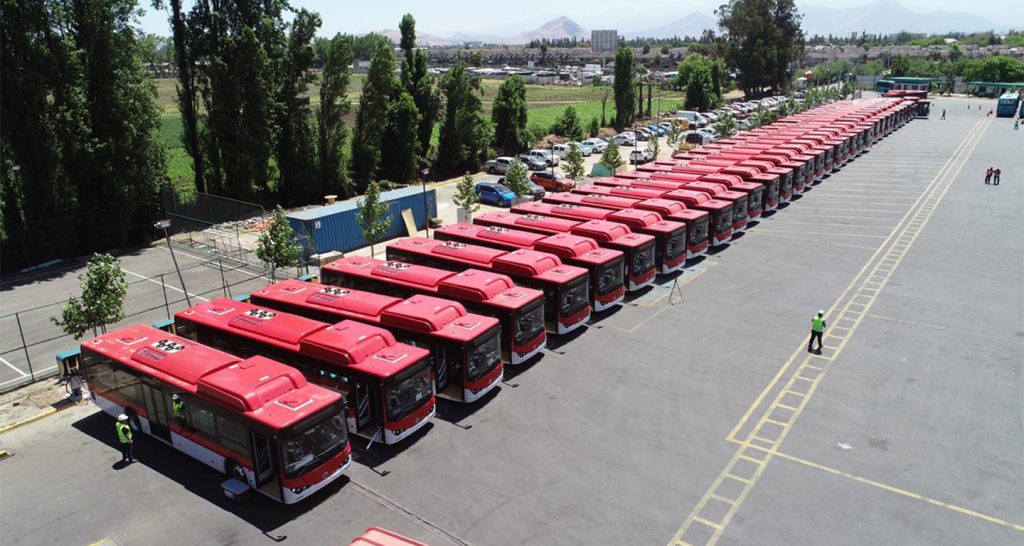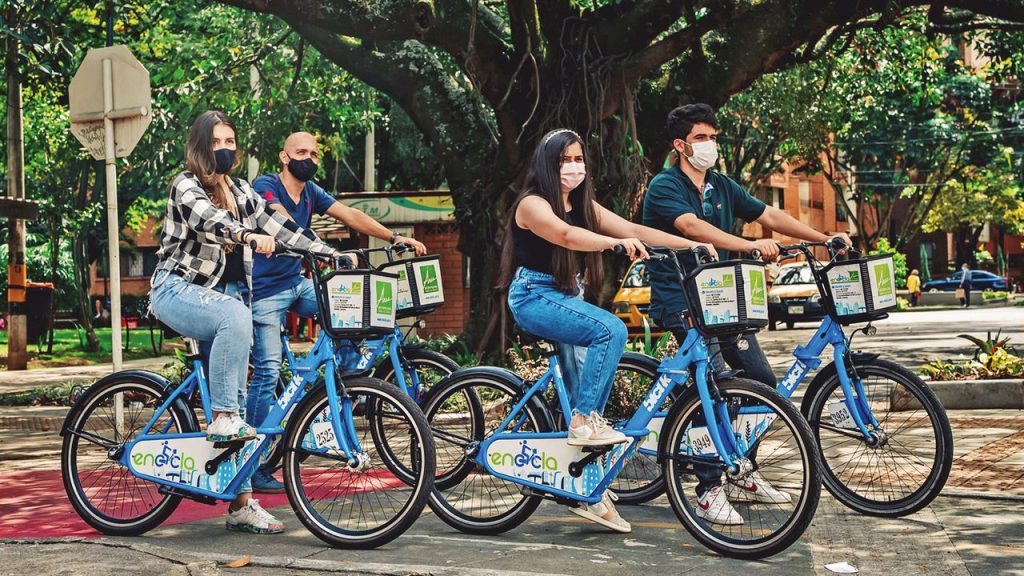Kayak’s Cities Index for Conscious Travelers, which designs an interactive guide that helps tourists take into account the sustainable aspect of cities when choosing them as their next destination, chose Santiago de Chile, Quito and Bogota as sustainable urban destinations.
The Chilean capital took first place in the ranking for having an airport with high carbon management standards, according to Airport Carbon Accreditation, while Quito in Ecuador ranked second for providing tourists with access to eco-friendly car rentals and its electric vehicle charging stations.
Bogota ranked third on the list for its actions and commitment to diversity and inclusion, as reflected, for example, in the number of wheelchair-accessible tours, which account for 26% of trips through the city.

Defined Roadmap
Bogota has its Climate Action Plan 2020-2050 designed by the current administration to face the challenges of the climate crisis and promote sustainable development.
These are actions and projects that are already being implemented: a multimodal and sustainable mobility system that includes the subway, more bike paths, green corridors, better entrances and exits to the city, with light and electric trains to connect with neighboring municipalities.
In terms of sustainable mobility, the city is migrating to a transportation model based on a Metro network that is complemented by an electric fleet, 2 Regiotram, the Séptima Green Corridor and more space for cyclists and pedestrians.
In addition, the city’s first public transport operator is operating with a fleet of 100% electric buses.
Read also: Argentina Productive 2030 Plan Launched to Promote Electric Mobility
Inclusion
The so-called “Rolita” promotes gender equity within its operation, since 50% of its employees are women.
With the 195 La Rolita buses, Bogotá has now 1,485 electric buses in operation, making it the city with the largest fleet of electric buses after China.
For its part, the Bogotá Metro Network is underway with the construction of Line 1. Metro Line 2 has been secured, will be the first subway line, will benefit 2.5 million citizens, will be 15 kilometers long, have 11 stations, and will take Bogotá residents from 72nd and Caracas to Fontanar del Río in Suba.




